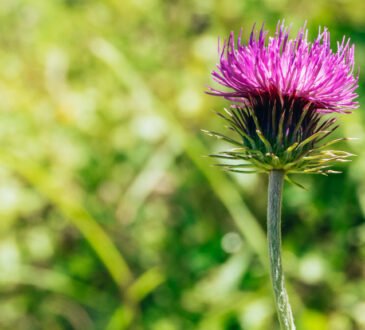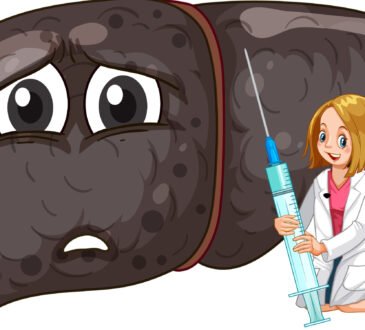How to Control Premature Ejaculation Best Useful Tips & Medications also discuss What are the Factors and Impacts on Health of a Mens:

Premature Ejaculation (PE):
Definition: Premature ejaculation is a common sexual dysfunction characterized by the inability to delay ejaculation, leading to an unsatisfactory sexual experience for one or both partners. The condition is subjective and varies from person to person.
Causes:
- Psychological Factors:
- Performance Anxiety: Fear of not performing well sexually can contribute to PE.
- Stress and Anxiety: High levels of stress and anxiety can affect sexual performance.
- Relationship Issues: Problems within the relationship may impact sexual function.
- Biological Factors:
- Abnormal Hormone Levels: Imbalances in hormones, such as serotonin, may contribute.
- Inherited Traits: Some men may have a genetic predisposition to PE.
- Medical Conditions:
- Prostate Issues: Conditions affecting the prostate may contribute to PE.
- Thyroid Problems: Disorders of the thyroid gland can impact sexual function.
- Neurological Disorders: Conditions affecting the nervous system may play a role.
- Erectile Dysfunction (ED):
- Men with ED may develop PE due to concerns about losing their erection.
- Psychiatric Conditions:
- Depression: Mental health conditions can influence sexual function.
- Obsessive-Compulsive Disorder (OCD): Repetitive thoughts may contribute.
Symptoms:
The primary symptom of premature ejaculation is the inability to delay ejaculation, leading to climaxing sooner than desired. Other common features may include:
- Inability to Control Ejaculation:
- Ejaculation occurs quickly and uncontrollably during sexual activity.
- Distress or Frustration:
- The individual may feel distressed, frustrated, or anxious about their sexual performance.
- Impact on Relationships:
- PE can strain relationships, leading to tension and dissatisfaction.
- Avoidance of Sexual Activity:
- Some individuals may avoid sexual activity due to fear of premature ejaculation.
It’s important to note that occasional instances of premature ejaculation are common and not necessarily indicative of a medical issue. Diagnosis is typically made if the condition persists and causes significant distress.
The “normal” or average duration for ejaculation can vary widely, and what is considered a satisfactory duration is subjective and varies from person to person. Generally, the time from the beginning of sexual activity to ejaculation is known as the intravaginal ejaculation latency time (IELT).
Average IELT: The average IELT, based on various studies, is around 5.4 minutes. However, it’s important to emphasize that there is a wide range of what is considered normal. Some men may naturally have shorter or longer IELTs, and it’s not solely about the duration but also about the satisfaction of both partners.
Types of Ejaculation:
- Premature Ejaculation (PE):
- Defined by consistently ejaculating sooner than a person or their partner desires.
- Normal Ejaculation:
- Falling within the average range of IELT, with satisfactory sexual experiences for both partners.
- Delayed Ejaculation:
- In some cases, a person may take an extended period to reach ejaculation, which can also be a source of concern.
Factors Influencing Duration:
- Individual Variation:
- Normal sexual response varies widely among individuals, and what is satisfying can differ.
- Psychological Factors:
- Anxiety, stress, or performance pressure can influence the timing of ejaculation.
- Physical Health:
- Overall health, hormonal balance, and neurological factors can affect sexual function.
- Age:
- Sexual response may change with age, and older individuals may experience different patterns.
Communication is Key: Open communication between partners about sexual satisfaction is crucial. What matters most is that both partners feel content and fulfilled in their sexual experiences. If concerns about ejaculation persist or cause distress, seeking guidance from a healthcare professional or a sex therapist can be beneficial. They can help identify potential causes and provide appropriate interventions or strategies. Remember that individual experiences vary, and there is no universal standard for “normal” duration in sexual activity.
Premature ejaculation (PE) can have various causes, and its management may involve a combination of medical, behavioral, and lifestyle interventions. It’s crucial to consult with a healthcare professional to determine the underlying cause and receive personalized advice. Here are some general suggestions that include medications, yoga, and herbal remedies:
Medical Approaches:
- Topical Anesthetics:
- Topical numbing agents, such as lidocaine or prilocaine creams, may be applied to the penis to reduce sensitivity.
- Selective Serotonin Reuptake Inhibitors (SSRIs):
- Certain antidepressants, such as sertraline, fluoxetine, or paroxetine, have been prescribed off-label to delay ejaculation. Consult with a healthcare provider for guidance.
- Phosphodiesterase-5 Inhibitors:
- Some studies suggest that medications like sildenafil (commonly used for erectile dysfunction) may have a positive impact on ejaculatory control.
- Supplements:
- PREMATUREX PILLS MALE PREMATURE EJACULATION DELAY PROLONG PREMATURE X 60Capsules
- Versus Ashwagandha & Ginseng, Nutraxin Green Power Ultra Men, Gen-Xing | 30 Capsules | Qarshi
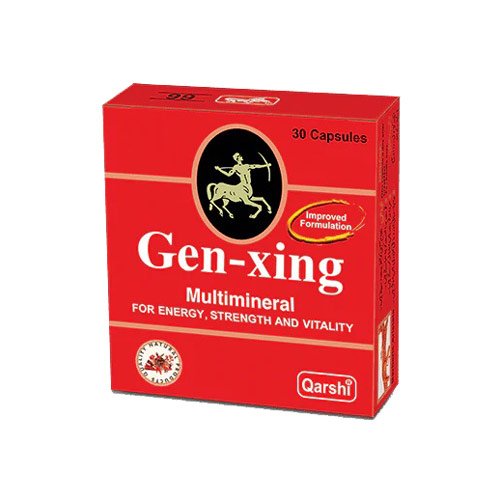
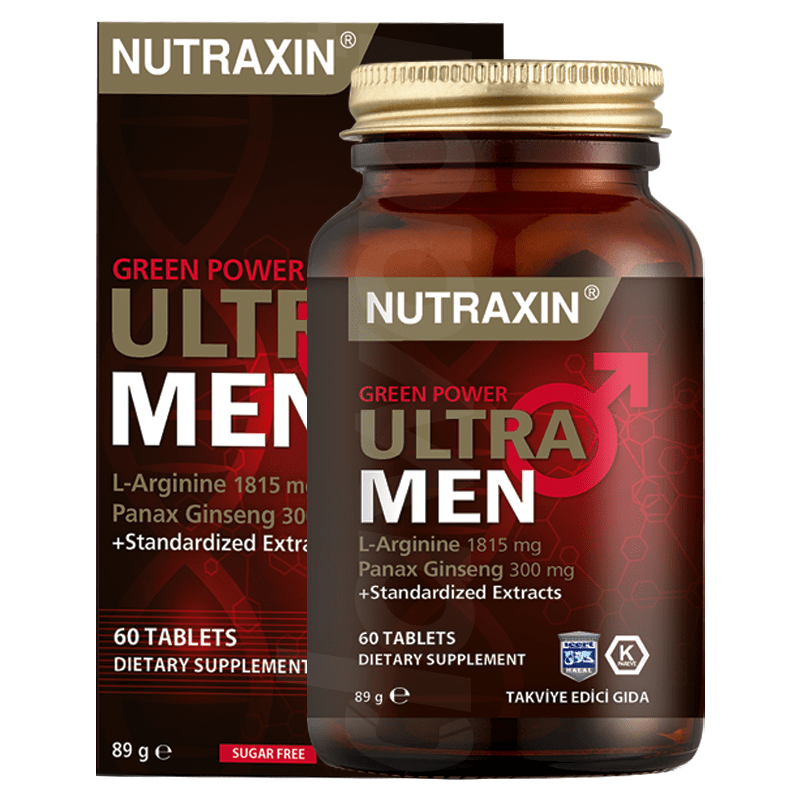
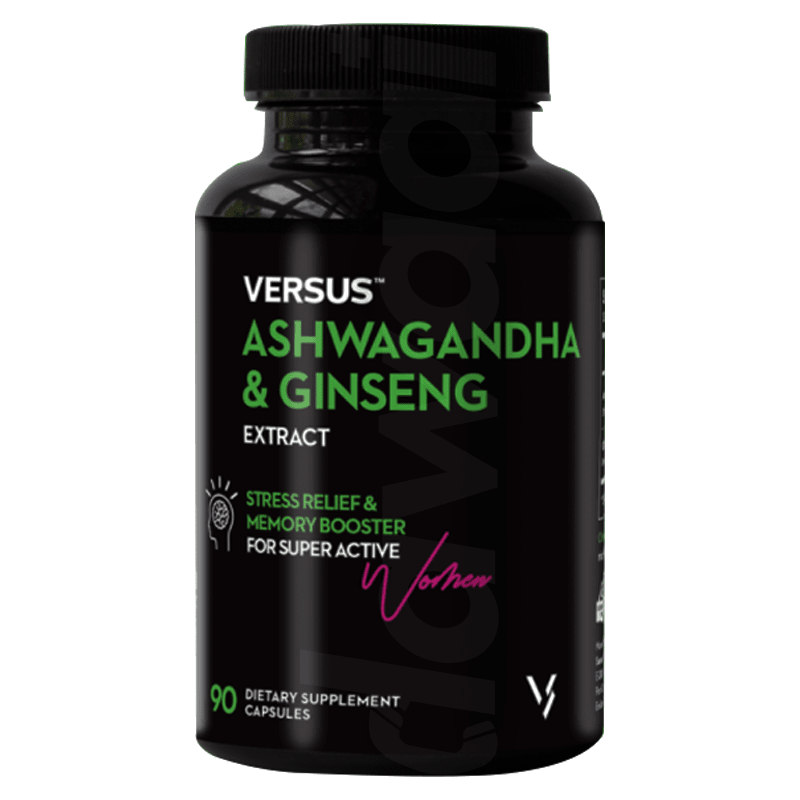
- Delay Spray For Premature Ejaculation:
- Knight Rider Delay Spray | 15 ML | Royal Herbal, Knight Rider Delay Cream | 10 Gram | Royal Herbal
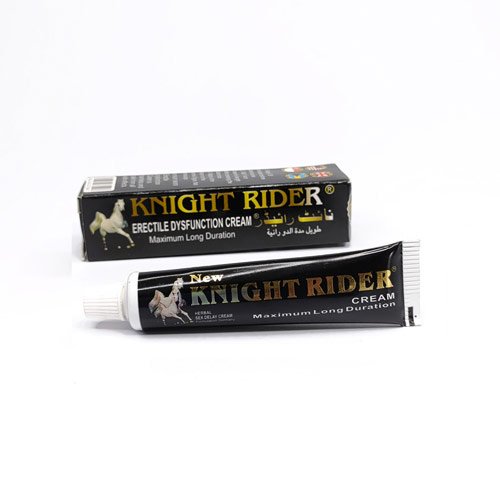
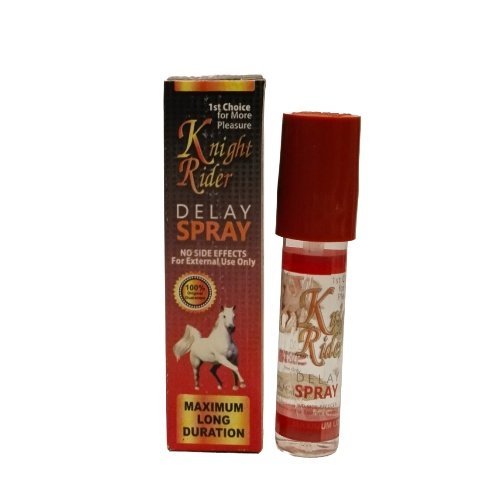
Behavioral Techniques:
- Pelvic Floor Exercises (Kegels):
- Strengthening the pelvic floor muscles may improve ejaculatory control. Kegel exercises can be practiced regularly.
- Start-Stop Technique:
- Pause sexual activity when you feel close to ejaculation, and then resume once the sensation has diminished.
- Squeeze Technique:
- Just before ejaculation, the penis is squeezed for about 30 seconds to delay the process.
Yoga and Relaxation Techniques:
- Deep Breathing (Pranayama):
- Practice deep breathing exercises to calm the nervous system and manage anxiety.
- Meditation:
- Mindfulness meditation can help reduce stress and improve overall mental well-being.
- Yogic Poses for Relaxation:
- Incorporate yoga poses that promote relaxation, such as Child’s Pose (Balasana) or Corpse Pose (Savasana).
Herbal Remedies:
- Ashwagandha:
- An adaptogenic herb, ashwagandha may help reduce stress and improve sexual function. Consult with a healthcare professional for proper dosage.
- Tribulus Terrestris:
- Some studies suggest that tribulus terrestris may have a positive effect on sexual function. However, more research is needed.
- Ginseng:
- Panax ginseng has been studied for its potential role in improving sexual function. Consult with a healthcare provider before use.
Lifestyle Changes:
- Healthy Diet:
- Adopt a balanced diet rich in nutrients that support overall health.
- Regular Exercise:
- Engage in regular physical activity, which can have positive effects on both physical and mental well-being.
- Adequate Sleep:
- Ensure you are getting enough quality sleep, as lack of sleep can contribute to stress and anxiety.
Note:
- It’s essential to consult with a healthcare professional before starting any medication or herbal remedy to ensure they are safe and suitable for your specific health conditions.
- Open communication with your partner and seeking support from a healthcare provider or a sex therapist may be beneficial.
Individual responses to treatments vary, and a healthcare professional can provide guidance based on your specific situation.




